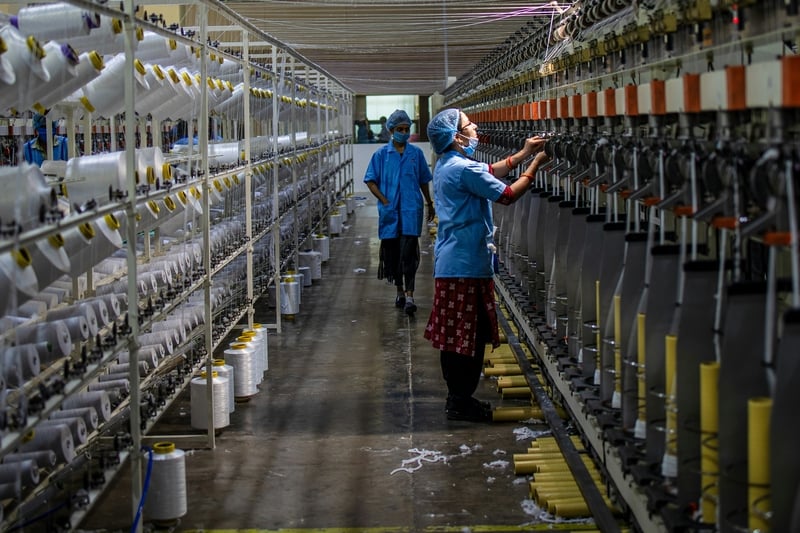Promoting faster climate action through scalable training solutions
The annual UN Climate Change Conference (COP30) is here, and this year’s message is shaped around ‘implementation’ and the need to urgently turn climate targets into action. Emissions tracking and management remains a key challenge for businesses, and while much of the dialogue tends to be around improving data quality, tracking and reporting, there is another critical element that you may be underprioritising in improving your emissions management: supplier training and engagement.
Low engagement, deeper visibility gaps
Scope 3 emissions, or emissions from indirect sources, constitute the majority of a company’s emissions but are consistently the most difficult to track and manage. Supply chains are complex, intricate and often spread around the world, making direct visibility over these operations and their emissions a challenge in driving sustainability. The CDP reports supply chain-related emissions are on average 11.4 times larger than direct emissions from operations. The scale of this visibility gap can distract businesses from understanding the power of influence for decarbonisation across their supply chain.
While we often focus on how to improve your data quality, visibility and management, it’s equally important to focus on how to engage your suppliers and factories to align on targets, help them understand how to manage emissions more effectively and the importance of doing so. According to an industry survey conducted by EiQ from 600 respondents across supply chain sustainability and procurement, only 33% of respondents said they are conducting supplier training, illustrating a gap in raising awareness and aligning suppliers on standards.
Implementing training to enhance resilience and compliance
The Science Based Targets Initiative (SBTi) reports that companies will benefit from prioritising high-quality supplier relations, enhancing overall efficiency and transparency as a result. “Supplier engagement also drives a reinforcing feedback mechanism - the more stakeholders taking action on climate change, the easier it becomes for others to work toward similar goals. Companies find that these targets are easier to track,” SBTi said in a 2025 report titled, ‘Engaging Supply Chains on the Decarbonization Journey.’
How can you engage suppliers for widescale alignment and to empower action and improved emissions management?
Scalable tools for sustainable supply chains
A targeted training programme can prevent incidents that would cost 10x-50x more to remediate.
EiQ’s comprehensive learning library houses online specialised learning courses tailored to educate your teams and suppliers on critical sustainability topics and align on standards and regulatory requirements. Courses are offered in several languages to align with your supply chain needs and contain engaging content aimed at enhancing awareness and knowledge across the entire value chain.
“Because you as a supplier may understand a concept, but you also need to coach and train the people who are going to be collecting and delivering this information. So that's a key part of the whole process of our training, is how you upskill to enable people to share the right information,” Erin Lyon, LRQA Head of Channel Partnerships said.
Our latest EiQ learning course introduces suppliers to the essentials of greenhouse gas reporting, including identifying emission sources, collecting energy and fuel data, calculating emissions, and setting meaningful reduction targets.
Businesses around the world use EiQ training or license our courses to understand supply chain risks and responsible sourcing strategies and align internal and supplier operations with regulatory requirements, as well as to promote supplier ownership and support remediation efforts.
Get in touch to receive free trial access to our course library and understand how you can use training courses to enhance your supply chain resilience. Find out more about the emissions course here.
